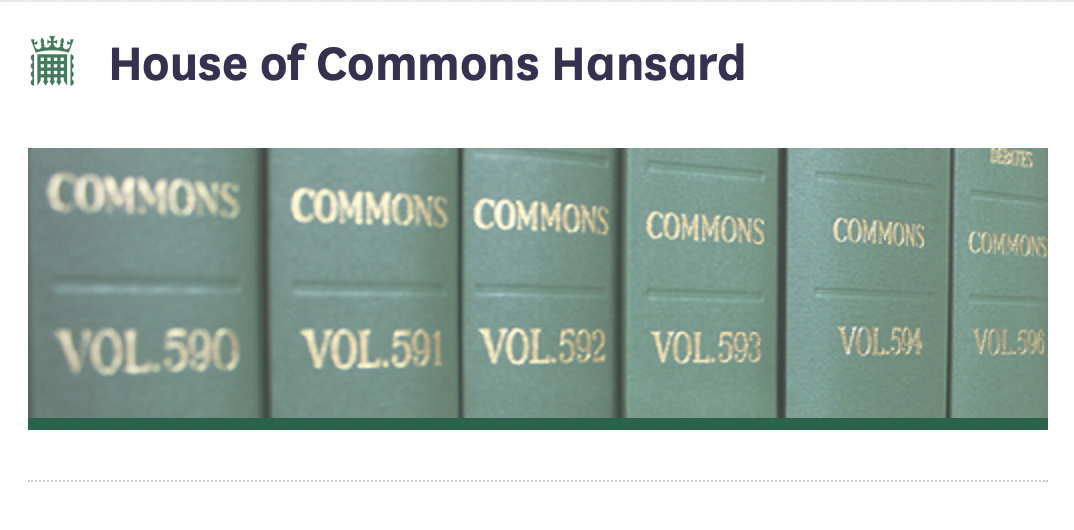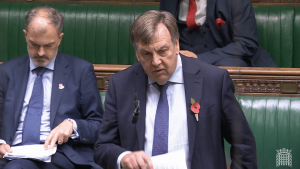Mr Whittingdale: I welcome the report from the committee of the Master of the Rolls, which contains a number of sensible recommendations, and also the Prime Minister’s decision to establish a Committee to examine all the issues surrounding the granting of injunctions and super-injunctions. Does my right hon. and learned Friend accept, however, that matters are developing very rapidly? Does he accept that the revelation on Friday of some of the details of the injunction granted to Sir Fred Goodwin raised important issues of public interest, and that that raises the question of why the injunction was granted in the first place? Does he agree that he would virtually have to live in an igloo not to know the identity of at least one premier league footballer who has obtained an injunction, and that the actions by thousands of people who posted details of it on Twitter are in danger of making the law look an ass?
In the report by the Master of the Rolls, doubt is cast once again on the right of the press to report the proceedings of Parliament. Does that not have worrying implications for the rights of Members of the House of Commons, and for parliamentary privilege?
More than a year ago, the Select Committee on Culture, Media and Sport called for the Parliamentary Papers Act 1840 to be replaced by a clear and comprehensive statute upholding the fundamental rights of the press to report what is said in this place. Will he ensure that that, too, is considered by the Prime Minister’s Committee as a matter of urgency?
The Attorney-General: Let me respond to my hon. Friend’s reference to individual cases by saying that he will not be surprised if I am not drawn into commenting on the matter. What I can say is that widespread public interest and, indeed, disquiet have been expressed about the events of the past few weeks and days, and that—as the report by the Master of the Rolls clearly showed—they raise the question of how a person’s privacy can be balanced against the requirement for the public to be properly informed, and also the question of how injunctions may be enforced. I would add, however, that the courts have power to punish those who breach injunctions, and those who decide flagrantly to do so should bear that in mind when they embark on such a course.
The question of parliamentary privilege is not a new issue. While it is fully recognised that we have complete privilege in this Chamber to say what we like—and the Lord Chief Justice reiterated that in the clearest and most unequivocal terms in his comments last Friday— the question of the extent to which communication between a constituent and a Member of Parliament is covered by parliamentary privilege remains uncertain. What is entirely clear is that—from the judiciary’s point of view as much as those of the Government and Parliament—that is an undesirable state of affairs, which is undoubtedly susceptible to both clarification and rectification if the will is there for that to be done.

